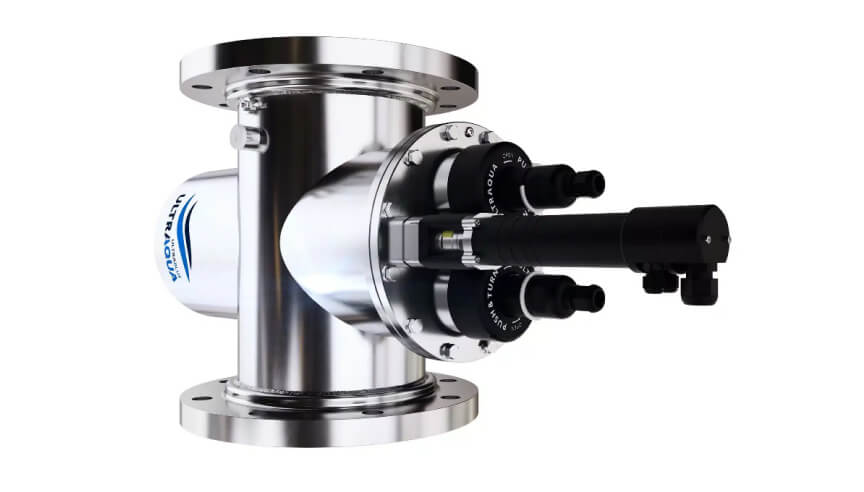Recent Posts
Wipers for Quartz in Ultraviolet Systems

Wipers for Quartz in Ultraviolet Systems: What Are They For?
In ultraviolet (UV) disinfection systems, the effectiveness of the UV light in inactivating microorganisms relies heavily on the clarity and cleanliness of the quartz sleeves that encase the UV lamps. Over time, these quartz sleeves can become fouled with deposits such as mineral scales, biofilm, and other impurities present in the water. To maintain the optimal performance and efficiency of UV disinfection systems, wipers for quartz sleeves are employed. Here’s a detailed look at their purpose and importance:
Ensuring Optimal UV Transmittance
The primary function of wipers is to keep the quartz sleeves clean. Quartz sleeves act as protective barriers around the UV lamps, allowing UV light to pass through while preventing direct contact with the water. When these sleeves become dirty, the buildup can significantly reduce the amount of UV light that penetrates the water, diminishing the disinfection efficacy. Regular wiping ensures that the sleeves remain transparent, allowing maximum UV transmittance.
Maintaining Disinfection Efficiency
UV disinfection relies on the intensity and dosage of UV light to effectively inactivate pathogens. Any reduction in light intensity due to fouling can lead to insufficient disinfection, allowing harmful microorganisms to survive. Wipers prevent the accumulation of deposits, thus maintaining consistent UV light intensity and ensuring that the system operates at its designed efficiency.
Reducing Maintenance Frequency
Without wipers, quartz sleeves would require frequent manual cleaning to remove deposits, which can be labor-intensive and time-consuming. Automated or semi-automated wiping systems minimize the need for manual cleaning, reducing maintenance frequency and associated labor costs. This ensures that the UV system can operate continuously with minimal downtime.
Prolonging the Lifespan of UV Lamps
A clean quartz sleeve helps maintain the proper operating temperature for the UV lamps, which can extend their lifespan. Fouling on the quartz sleeve can cause overheating and reduce the lamp’s operational life. By keeping the sleeves clean, wipers contribute to more stable and efficient lamp performance over time.
Enhancing System Reliability and Safety
Automated wipers provide a consistent and reliable cleaning mechanism, ensuring that the UV system operates safely and effectively. This reliability is particularly important in critical applications such as drinking water treatment, where consistent disinfection performance is essential for public health.
Types of Wipers
- Manual Wipers
Simple, manually operated devices that require periodic intervention by maintenance personnel. - Automated Wipers
Mechanized systems that automatically clean the quartz sleeves at set intervals, providing continuous cleaning without manual intervention.
Wipers for quartz sleeves in UV disinfection systems play a crucial role in maintaining the effectiveness and efficiency of the disinfection process. By keeping the quartz sleeves clean, they ensure optimal UV transmittance, maintain disinfection efficacy, reduce maintenance frequency, prolong UV lamp lifespan, and enhance system reliability and safety. Implementing wipers is a smart and practical solution to ensure that UV disinfection systems perform at their best, providing safe and clean water in various applications.
